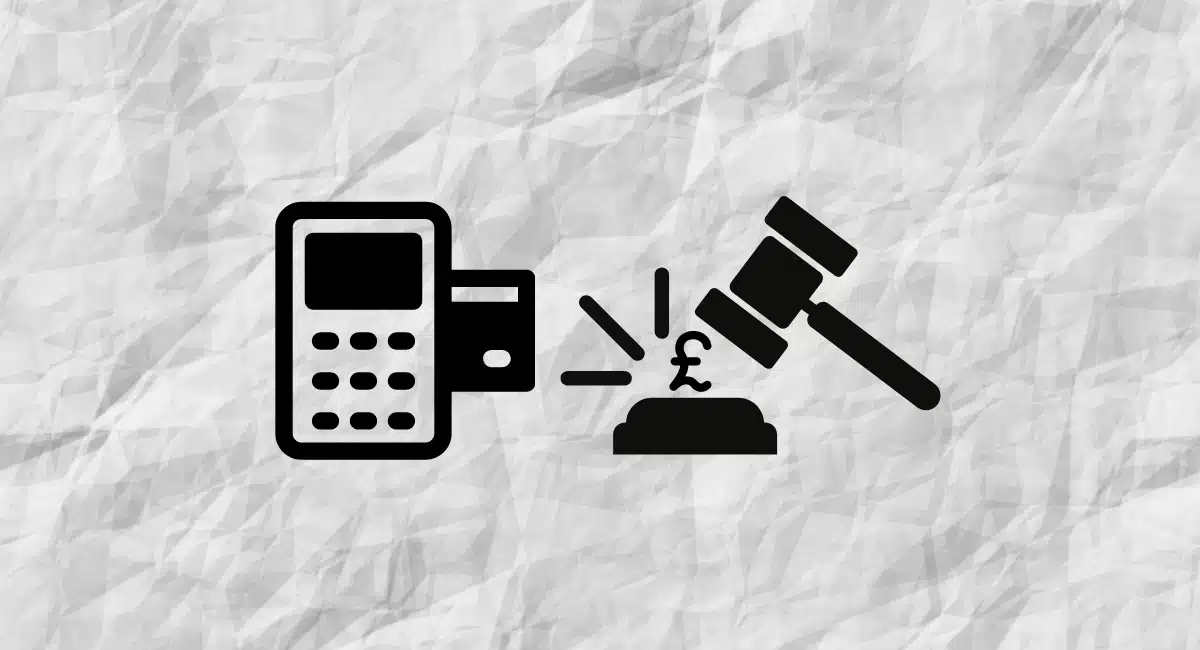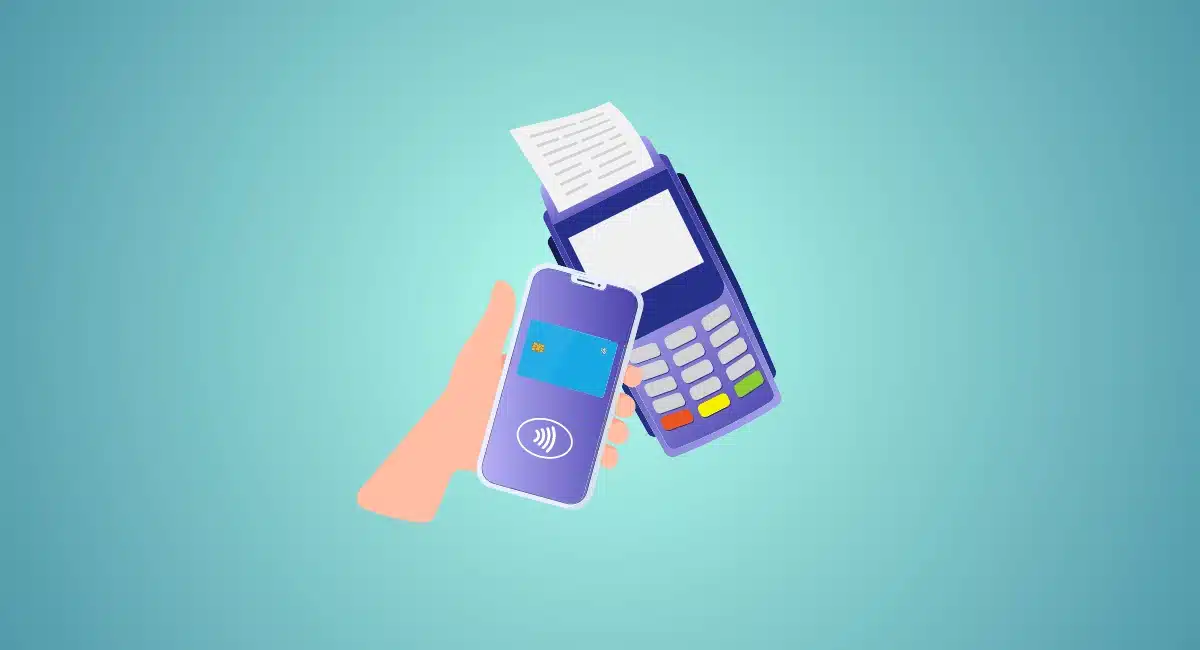Accepting debit and credit cards comes at a cost to the merchant, mainly transaction fees to the merchant service provider.
In some other countries like Australia, businesses may add a surcharge to transactions through a card machine. But is it legal to charge for card payments in the UK too?
The short answer is ‘no’ in most cases. But the long answer is ‘it depends’. Let’s dig into when and when not to surcharge for card payments.
What the law says
On the 13th January 2018, surcharging became illegal in the UK for most card payments accepted in person (via card machines), online or remotely.
The surcharge ban applies to:
- All consumer/personal debit and credit cards
- Mobile wallets like Apple Pay and Google Pay
- Online (e-money) payment methods like PayPal
The regulation applies regardless of what is being paid for (goods, services, donations, taxes, etc.).
Many websites, including the BBC, imply a blanket ban on all kinds of surcharges, but there are actually exceptions to the rule. Merchants can still legally apply a surcharge to transactions where a corporate, commercial and business debit or credit card is used.
The ban was created to protect consumers rather than businesses and commercial transactions. That being said, a surcharge can still legally be applied to transactions completed by a consumer if a commercial card is used. The law applies to the payment method, not who is making the payment.
Apart from commercial cards, businesses are also allowed to add a (limited) surcharge to other payment methods like cash, cheques and Direct Debits.
But any legally permitted surcharge must not be higher than the actual cost of accepting that payment method, except for specific contract-based services such as social housing, health services, residential rental and banking. The latter is a peculiar point that means you can still receive a high surcharge within some areas – but not when a consumer card is used.
Purpose and implications of the law
The surcharge restrictions on consumer debit and credit cards was the result of the revised EU Payment Services Directive (PSD2) that came into force in 2018.
The UK went further in its Consumer Rights (Payment Surcharges) Regulations 2012 (updated in 2018) by extending the ban to electronic payment systems and mobile wallets using digitally stored credit and debit cards.
Despite Brexit happening since, these new laws will remain in place regardless of the UK’s relationship with the EU.
The purpose was to bring in more protection for consumers who were previously exposed to excessive fees for just wanting to use their card when paying for goods and services in shops or online.
Since the updated legislation, businesses were encouraged to absorb the cost of payment processing and not introduce any surprise fees for customers at the point of sale or online checkout. Other fees unrelated to the cost of payments (e.g. a service charge) can be added, but those would have to apply regardless of payment method.
The rule of thumb for merchants is to keep prices transparent before the customer goes to the till or clicks to pay online. Failure to do so usually gives the customer a right to take civil enforcement action against the business.




